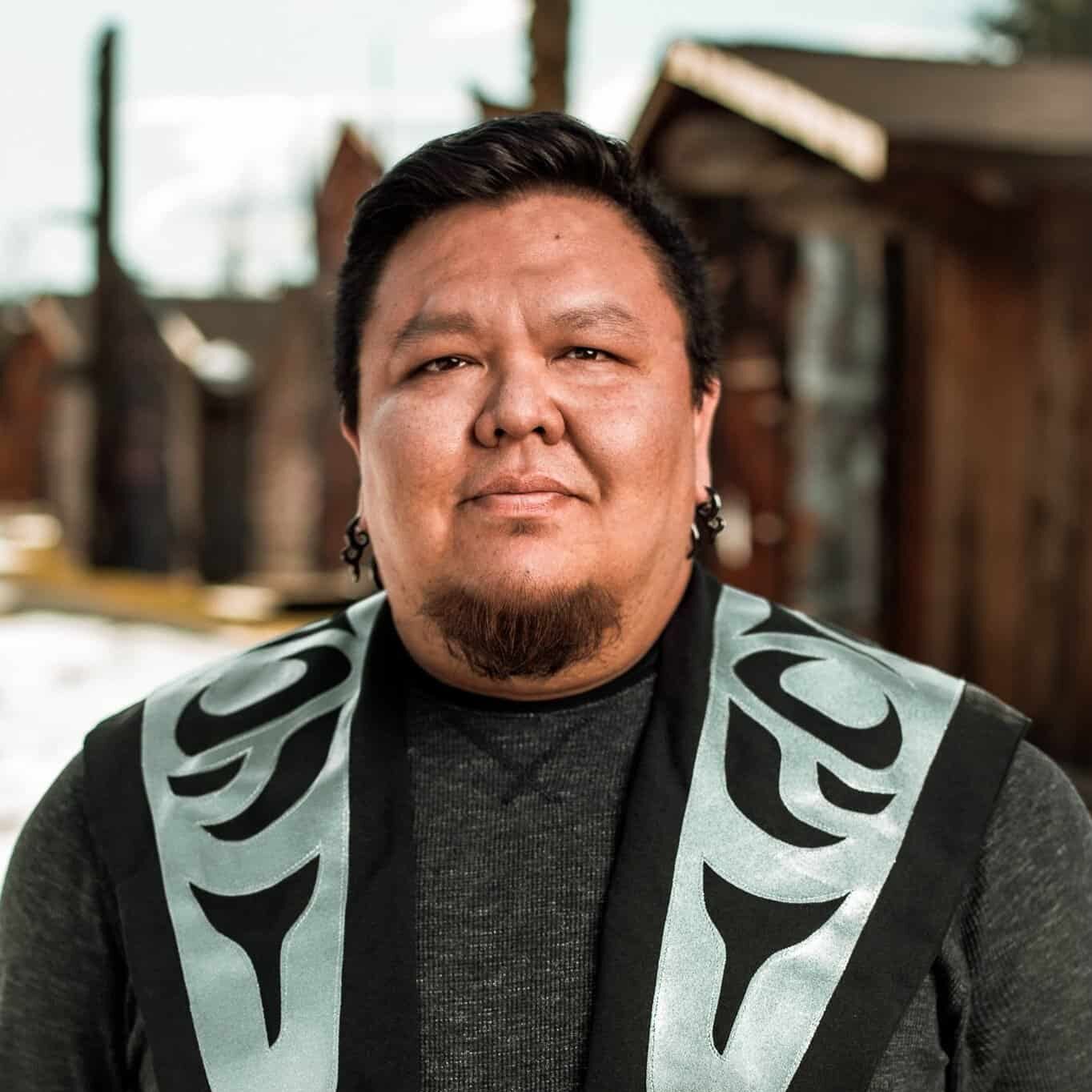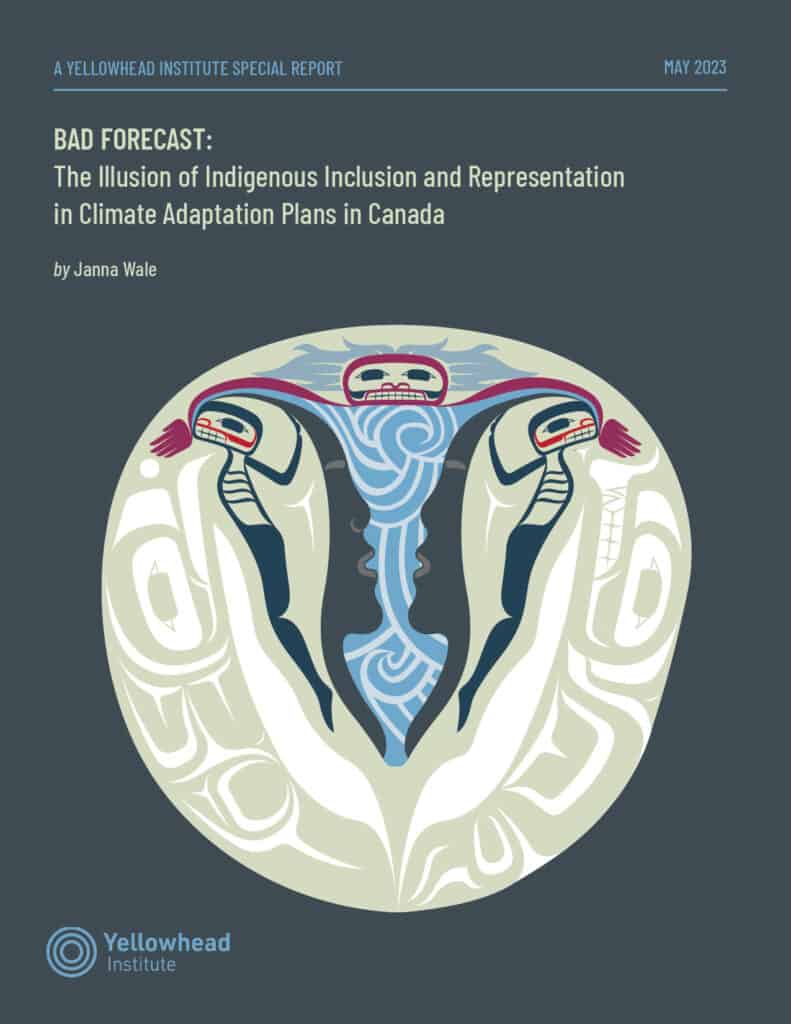- About
- Research
-
-
- Special Reports & Features
- Pretendians and Publications: The Problem and Solutions to Redface Research
- Pinasunniq: Reflections on a Northern Indigenous Economy
- From Risk to Resilience: Indigenous Alternatives to Climate Risk Assessment in Canada
- Twenty-Five Years of Gladue: Indigenous ‘Over-Incarceration’ & the Failure of the Criminal Justice System on the Grand River
- Calls to Action Accountability: A 2023 Status Update on Reconciliation
- Data Colonialism in Canada’s Chemical Valley
- Bad Forecast: The Illusion of Indigenous Inclusion and Representation in Climate Adaptation Plans in Canada
- Indigenous Food Sovereignty in Ontario: A Study of Exclusion at the Ministry of Agriculture, Food & Rural Affairs
- Indigenous Land-Based Education in Theory & Practice
- Between Membership & Belonging: Life Under Section 10 of the Indian Act
- Redwashing Extraction: Indigenous Relations at Canada’s Big Five Banks
- Treaty Interpretation in the Age of Restoule
- A Culture of Exploitation: “Reconciliation” and the Institutions of Canadian Art
- Bill C-92: An Act respecting First Nations, Inuit, and Métis Children, Youth and Families
- COVID-19, the Numbered Treaties & the Politics of Life
- The Rise of the First Nations Land Management Regime: A Critical Analysis
- The UN Declaration on the Rights of Indigenous Peoples in Canada: Lessons from B.C.
- View all reports.
- Special Reports & Features
-
-
- Yellowhead School
- The Treaty Map
- LIBRARY
- Submissions
- Donate
In recent years, there has been increasing recognition of the importance of Indigenous knowledge in responding and adapting to climate change.
In 2022, Environment and Climate Change Canada’s ECCC) released Canada’s first ever National Adaptation Strategy (NAS) and National Action Plan (NAP), which present a landmark opportunity for Indigenous people to contribute to and lead climate action and adaptation in Canada. And, yet, there are significant shortcomings with the approach: failing to include Indigenous rights holders directly, excluding a genuine gender framework, and distilling and making processes (or lack thereof), and the impacts of this historic and ongoing exclusion.
KEY QUESTIONS
How are Indigenous peoples’ excluded from federal climate adaptation decision-making processes? What are the impacts of historic and ongoing exclusion from environmental decision making?
...when decisions related to climate policy are made by the same people using the same knowledge systems and predisposition towards extraction that has fuelled the climate crisis in the first place, how can we expect different outcomes?
- Janna Wale
AUTHOR

Janna Wale
Gitxsan, Cree-Métis
ARTIST

Brett D. Huson
Gitxsan



